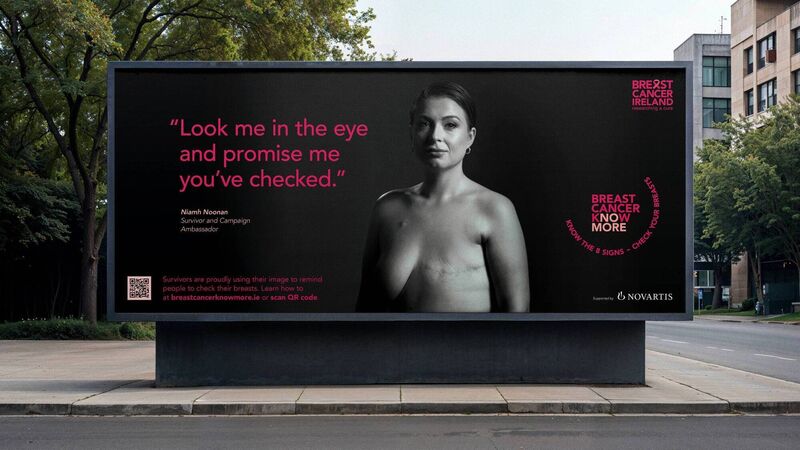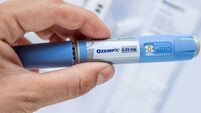Sarah Harte: Being proactive and vocal is key to women's health outcomes

Around four out of five breast cancers occur in women aged 50 and over. A third of all breast cancers are detected through the routine screening programme.
October is Breast Cancer Awareness Month. There’s a massive value in the initiatives being run to highlight the facts of breast cancer.
One in seven women are diagnosed with breast cancer, and there are 3,704 new cases of breast cancer detected annually — with only 30 of those being men. However, breast cancer has the highest five-year net survival rate, 85.1%, when it's detected early. It pays to be breast aware.















